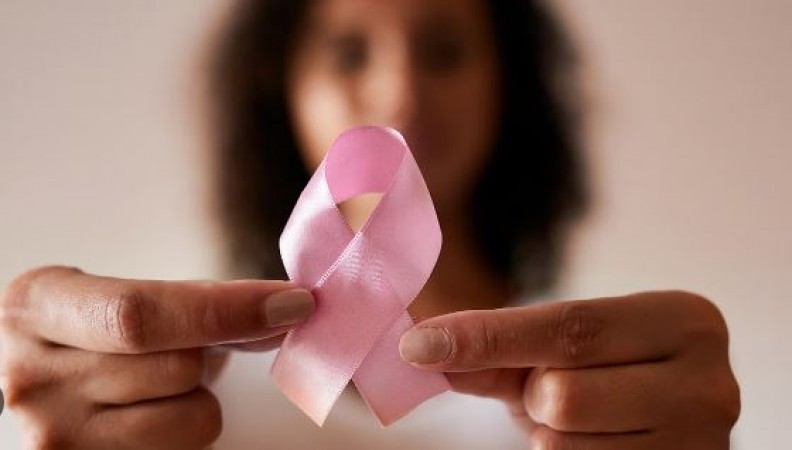
A recent report has shed light on a concerning trend: urban women are at a higher risk of developing breast cancer compared to their rural counterparts. This revelation has prompted health experts to delve deeper into the underlying factors contributing to this discrepancy and devise targeted interventions to address it.
Understanding the Disparity
The report, compiled by a team of researchers specializing in oncology and public health, analyzed data from various sources to discern patterns in breast cancer incidence among women residing in urban and rural areas. Surprisingly, the findings indicated a stark contrast in the prevalence of the disease based on geographical location.
Factors at Play
Several factors could potentially explain why urban women face an elevated risk of breast cancer:
Lifestyle Choices: Urban living often entails a sedentary lifestyle characterized by limited physical activity and increased consumption of processed foods. These factors can contribute to weight gain and obesity, both of which are established risk factors for breast cancer.
Environmental Exposures: Urban environments are rife with pollutants and carcinogens, including air and water contaminants, which may heighten the risk of developing cancerous tumors.
Access to Healthcare: While urban areas typically offer better access to healthcare facilities, certain subgroups of urban women may face barriers to obtaining timely screenings and diagnostic services due to socioeconomic factors or lack of awareness.
Stress and Mental Health: The fast-paced nature of urban life can take a toll on mental well-being, leading to chronic stress and anxiety. Research suggests that prolonged stress may adversely affect immune function and hormone regulation, potentially increasing susceptibility to breast cancer.
Addressing the Disparity
To mitigate the disproportionate burden of breast cancer on urban women, concerted efforts are needed on multiple fronts:
Health Education Campaigns: Launching targeted campaigns to raise awareness about breast cancer risk factors, symptoms, and the importance of regular screenings can empower urban women to take proactive steps towards early detection and prevention.
Promotion of Healthy Lifestyles: Encouraging urban residents to adopt healthier lifestyle habits, such as engaging in regular exercise, maintaining a balanced diet, limiting alcohol consumption, and avoiding tobacco products, can help reduce the incidence of breast cancer.
Enhanced Screening Programs: Implementing community-based screening programs and mobile clinics in urban areas can improve access to early detection services, particularly for underserved populations with limited healthcare resources.
Environmental Policies: Advocating for stricter environmental regulations and pollution control measures in urban settings can minimize exposure to carcinogens and create safer living environments for residents.
The disparity in breast cancer risk between urban and rural women underscores the need for targeted interventions aimed at addressing the unique challenges faced by urban populations. By promoting health awareness, fostering healthy behaviors, improving access to screening services, and advocating for environmental health policies, we can work towards reducing the burden of breast cancer and ensuring equitable healthcare outcomes for all women, regardless of their geographical location.
Kangana Ranaut Steps into Politics: A New Chapter Begins
Alia Bhatt to Host Inaugural 'Hope Gala' in London: A Night of Charity and Glamour
Taapsee Pannu Ties the Knot with Mathias Boe in Intimate Udaipur Wedding